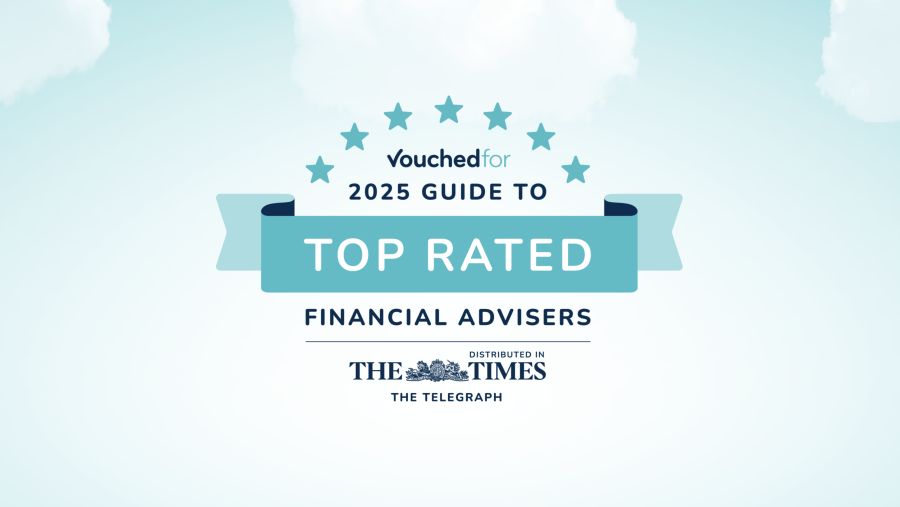Published
8th June 2020
Categories
General News
Share
Markets are enjoying an uncomfortably benign pandemic
May 2020 will be remembered for many things. For most of the world, it was when lockdown measures
began to ease and people filtered back out into the sunshine for the first time in weeks. It was also when
the size of the economic problem facing us become abundantly clear. US unemployment numbers released
for April showed the number of jobless Americans at its highest on record, although that decline has been
tempered somewhat by the announcement last Friday that the US economy added 2.5 million jobs in May
(even so, an unemployment rate of just above 13% is still incredibly high for US standards). Big companies
have rolled out global restructuring plans to cut employees and costs, and the depth of this government directed recession has grown clearer by the day. The policy problem facing governments – how to balance
equally enormous health and economic concerns – was a constant concern throughout the month.
Politically, May was fractious as ever. The Chinese government moved to effectively end Hong Kong’s
autonomy, dramatically heightening tensions between China and the US. And at the end of the month,
tragically, yet another unarmed black American was killed by those meant to protect him. Widespread
protests across the US – and indeed the world – kicked off, and the public anger, and heavy-handed
response from authorities, has led to scenes that none of us expect to see in a democratic nation.
Europe looks to be winning the race towards recovery – for now
The first priority of a government, we are told, is to protect its citizens. The speed at which lockdown
measures were imposed around the world in the wake of this pandemic (even by those relatively slow-toreact countries) is a testament to that. But as case rates start to fall across most of the world, ‘protection’
gets a little ambiguous. As policymakers are well aware, maintaining people’s livelihoods can be just as
important as saving lives from the virus. This is why most governments (in the developed world at least)
have also embarked on huge stimulus and support programs to see us through the current economic
hibernation. It is also why many are now eager to ease lockdown measures and wake the economy up
again.
From an investment perspective, tracking the economic recovery is vital. The traditional indicators suggest
most of the world’s largest economies have started to rebound. For Europe, the US and Japan, the low
point came in late March to early April, when sudden and strict limits were put in place. This can be seen
in the Purchasing Managers’ Index (PMI) business survey data for global manufacturing, which shows an
increase in business confidence, albeit still to a low level, signalling ongoing contraction.
How ethical can ethical investing be?
Ethical investment has grown substantially in popularity over the last decade. This can be seen from the
sector-wide figures, but we have also seen it in the growing recognition of our own ethical portfolios. We
launched our first ethical portfolio strategy in 2014. Six years on, we are glad to say our ethical portfolios
now cover the risk spectrum and have grown in assets to represent a meaningful portion of the total
investments we manage on behalf of UK investors.
Ethical investing comes with its own practical difficulties, but the most fundamental issue is determining
what counts as ‘ethical’ in the first place. This question often comes down to a personal level, so recently
we contacted our clients to ask about what investors want from an ethical portfolio.

